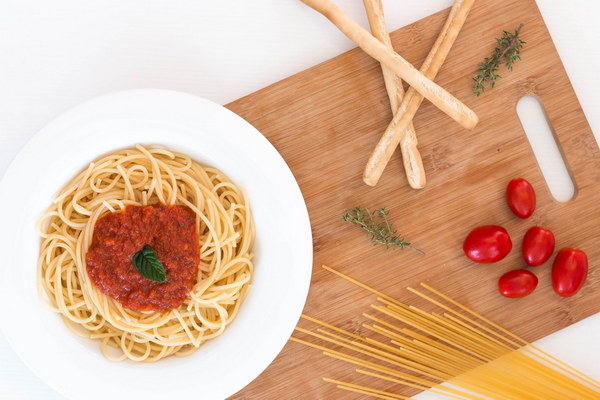Nourishing the Kidneys with Nature Exploring the Synergistic Benefits of Traditional Chinese Medicinal Foods
In the realm of holistic wellness, the concept of food as medicine has been a cornerstone of Traditional Chinese Medicine (TCM) for centuries. The idea is simple yet profound: certain foods and herbs not only provide nourishment but also possess healing properties that can support the body's vital functions. When it comes to kidney health, this principle is particularly relevant. In this article, we will delve into the world of medicinal foods that can help nourish and support kidney function, following the principles of TCM.
The kidneys are vital organs in the human body, responsible for filtering waste products from the blood, maintaining fluid balance, and producing hormones that regulate blood pressure and red blood cell production. In TCM, the kidneys are considered the root of life and are associated with energy, or Qi, and are believed to influence the bones, hair, and reproductive health. Therefore, it is no surprise that TCM places a strong emphasis on kidney health.
One of the most important aspects of TCM when it comes to kidney care is the concept of yin and yang. According to TCM, the kidneys are closely related to the element of water, which is associated with yin, the cooling, moistening, and nurturing aspect of life. When the kidneys are deficient in yin, it can lead to symptoms such as fatigue, low libido, and weak bones. To restore balance, TCM practitioners often recommend a diet that includes kidney-nourishing foods with a cooling and moistening effect.
Here are some of the most common medicinal foods used in TCM to nourish the kidneys:
1. Goji Berries (Lycium barbarum): These vibrant red berries are a staple in TCM and are believed to strengthen the kidneys, improve vision, and enhance vitality. They are often consumed as a tea or added to soups and stews.
2. Chinese Yam (Dioscorea opposita): This starchy root is rich in nutrients and is known for its cooling properties. It is commonly used to support kidney health, regulate metabolism, and improve digestion.
3. He Shou Wu (Polygonum multiflorum): Also known as fo-ti, this herb is considered a potent kidney-nourishing agent in TCM. It is often used to treat kidney weakness, hair loss, and sexual dysfunction.
4. Cordyceps (Cordyceps sinensis): This rare mushroom is a prized treasure in TCM and is believed to boost kidney function, improve energy levels, and enhance athletic performance. It is often consumed in powder form or as a supplement.

5. Fish Maw (Strombus gigas): This dried fish bladder is a traditional Chinese delicacy and is renowned for its kidney-tonifying properties. It is believed to improve fertility and enhance kidney function.
6. Chuan Niu Xi (Cynanchum wilfordii): This herb is known for its cooling and diuretic properties and is often used to treat kidney inflammation and urinary tract issues.
While incorporating these medicinal foods into your diet can provide numerous benefits, it is important to remember that TCM is a comprehensive system that takes into account individual constitution, lifestyle, and overall health. Therefore, it is advisable to consult with a qualified TCM practitioner before starting any new dietary regimen.
In addition to medicinal foods, TCM also emphasizes the importance of lifestyle factors such as regular exercise, adequate sleep, and stress management. These practices can help maintain kidney health and promote overall well-being.
In conclusion, the synergistic benefits of medicinal foods in TCM offer a natural and holistic approach to kidney care. By focusing on the cooling, moistening, and nourishing properties of certain foods and herbs, TCM can help support kidney function and enhance overall health. So, why not embrace the wisdom of the ancients and incorporate these kidney-nourishing foods into your daily routine?









